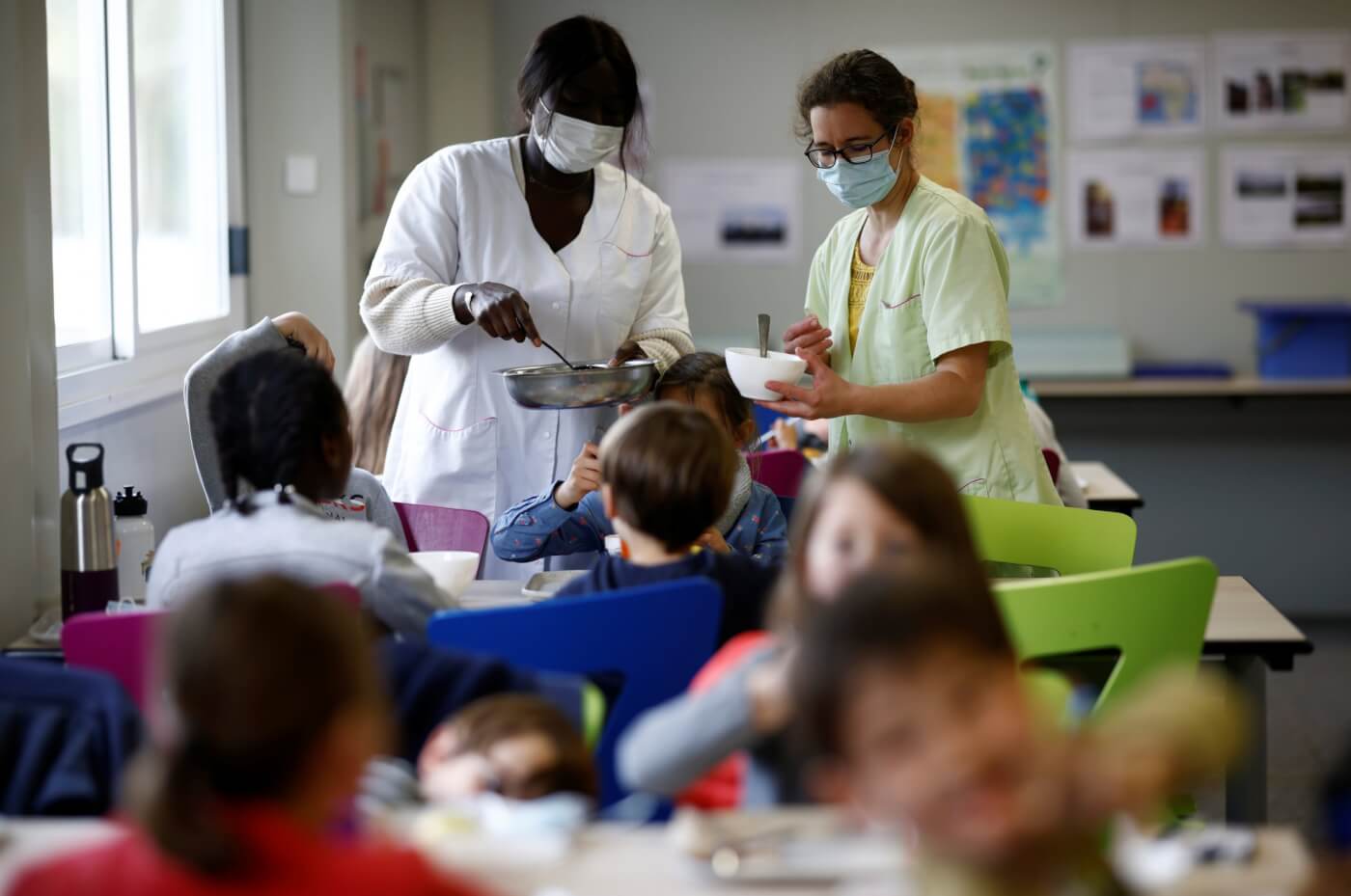Amnesty International have published their annual report, ‘The State of the World’s Human Rights’, which covers 149 countries and provides a comprehensive analysis of 2020’s global human rights trends. The report calls out country leaders specifically for their poor response to the global pandemic, but also acknowledges a few human rights victories.
The report states that the pandemic has highlighted inherent social inequalities across the world and exposed a legacy of divisive and destructive policies that have perpetuated discrimination and oppression.
Women, ethnic minorities, older persons, health care workers, migrant workers, and refugees are identified as those most negatively impacted by Covid-19. Agnès Callamard, Amnesty International’s new Secretary General commented that, “Cruelly, those who gave the most, were protected the least”.
Since the start of the pandemic, there has been an increase in gender-based and domestic violence and due to Covid-19 restrictions limiting the freedom of movement, many women and members of the LGBTQ+ community face increased barriers to protection and support. Healthcare workers and those working in the informal sector have also been neglected, being offered only minimal economic and social support despite their efforts to prop up the economy and save lives.
Refugees and migrants in particular have been suffering under Covid-19 restrictions which left them in overcrowded camps with poor hygiene for extended amounts of time. At the beginning of the pandemic Uganda, Africa’s largest refugee-hosting country, closed its borders without making an exception for refugees or asylum seekers causing 10,000 people to be stranded along its border with the Democratic Republic of Congo.
In Bangladesh, those working in the informal sector were left without an income or social protection leaving them with a future of uncertainty. In June, 16 Nicaraguan health care workers were dismissed after criticising the state’s response to the pandemic and the lack of PPE availability.
The report also details some important human rights victories, that have been achieved by activists in 2020, such as the decriminalization of abortion in Argentina, Northern Ireland, and South Korea. Amnesty acknowledges the new legislation put in place to counter violence against women in Kuwait, South Korea, and Sudan and puts particular emphasis on the support given to #End SARS and Black Lives Matter. Furthermore, protests against inequality and repression have demonstrated a need for change in Poland, Hong Kong, Iraq, and Chile.
Despite some small victories, the report focuses mainly on the failure of world leaders to make necessary social change, many exploiting the effects of the pandemic to assert “archaic constructs of state sovereignty”. Agnès Callamard commented:
“Decades of divisive policies, misguided austerity measures, and choices by leaders not to invest in crumbling public infrastructure, have left too many easy prey to this virus”.
Hungary’s Prime Minister Viktor Orbán’s government introduced prison sentences of up to five years for “spreading false information” by amending the country’s criminal code. Amendments like these are disguised as providing the truth about the pandemic, but serve the real purpose of suppressing the right to freedom of expression. In July, as a response to the dismissal of its editor-in-chief, the editorial team and nearly 100 staff journalists resigned from Index, Hungary’s largest independent online news portal.
Both in Nigeria and the Philippines, security forces have killed political protesters in the streets, while enforcing quarantine measures. Police violence also escalated in Brazil and India. In India there have been counter-terrorism raids on the homes of civil society activists and under President Bolsonaro, over 3,181 people were killed by the police between January and June, an average of 17 deaths per day.
In Iran, police and prison officials continued to subject detainees to beatings, stress positions, forced administration of chemical substances, electric shocks, and solitary confinement. Political prisoners and prisoners of conscience were deliberately denied adequate healthcare.
At least 160 people were sentenced to flogging for theft, assault, participating in peaceful protests, engaging in same-sex relationships or attending mixed-gender parties.
Furthermore, fair trial rights were systematically violated in Iran’s criminal justice system.
During the pandemic, the Chinese government continued its persecution of Uyghurs in Xinjiang and passed a national security law in Hong Kong legitimizing politically motivated repression. Furthermore, Xi Jinping’s government censored and persecuted health workers and journalists in China who attempted to raise awareness about COVID-19 early on.
By 21 February, there were more than 5,511 criminal investigation cases against those who published information regarding the COVID-19 outbreak.
Former US President Trump, was also mentioned in the report for circumventing global efforts to beat the pandemic by buying up most of the world’s supply of vaccines leaving those that would most benefit from it to fend for themselves.
The UK has also been called out for its policies on housing and immigration, the government’s poor handling of the pandemic, as well as its attempt to end the legal right for the public to challenge government decisions in court. Furthermore, police discrimination against black and Asian communities as well as the government’s decision to resume the arms trade with Saudi Arabia while slashing foreign aid to Yemen has been criticised. During the first lockdown, London police conducted 43,644 stop and searches, 10,000 of which targeted young Black men.
Overall, as human rights continue to be violated globally, Amnesty’s report highlights how political leaders’ responses to the pandemic have disproportionately impacted the world’s most vulnerable groups, and widened the gaps of social inequalities.

